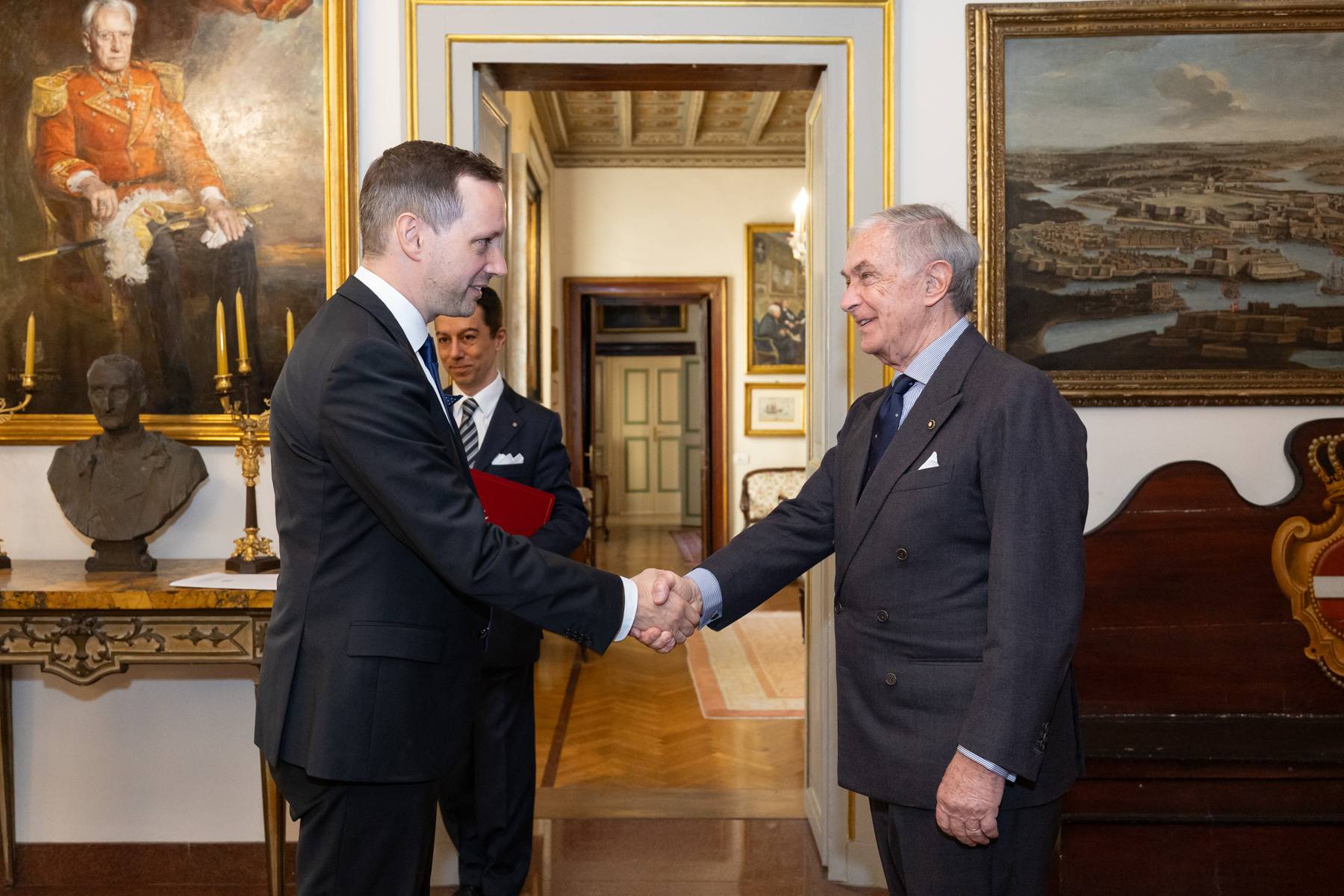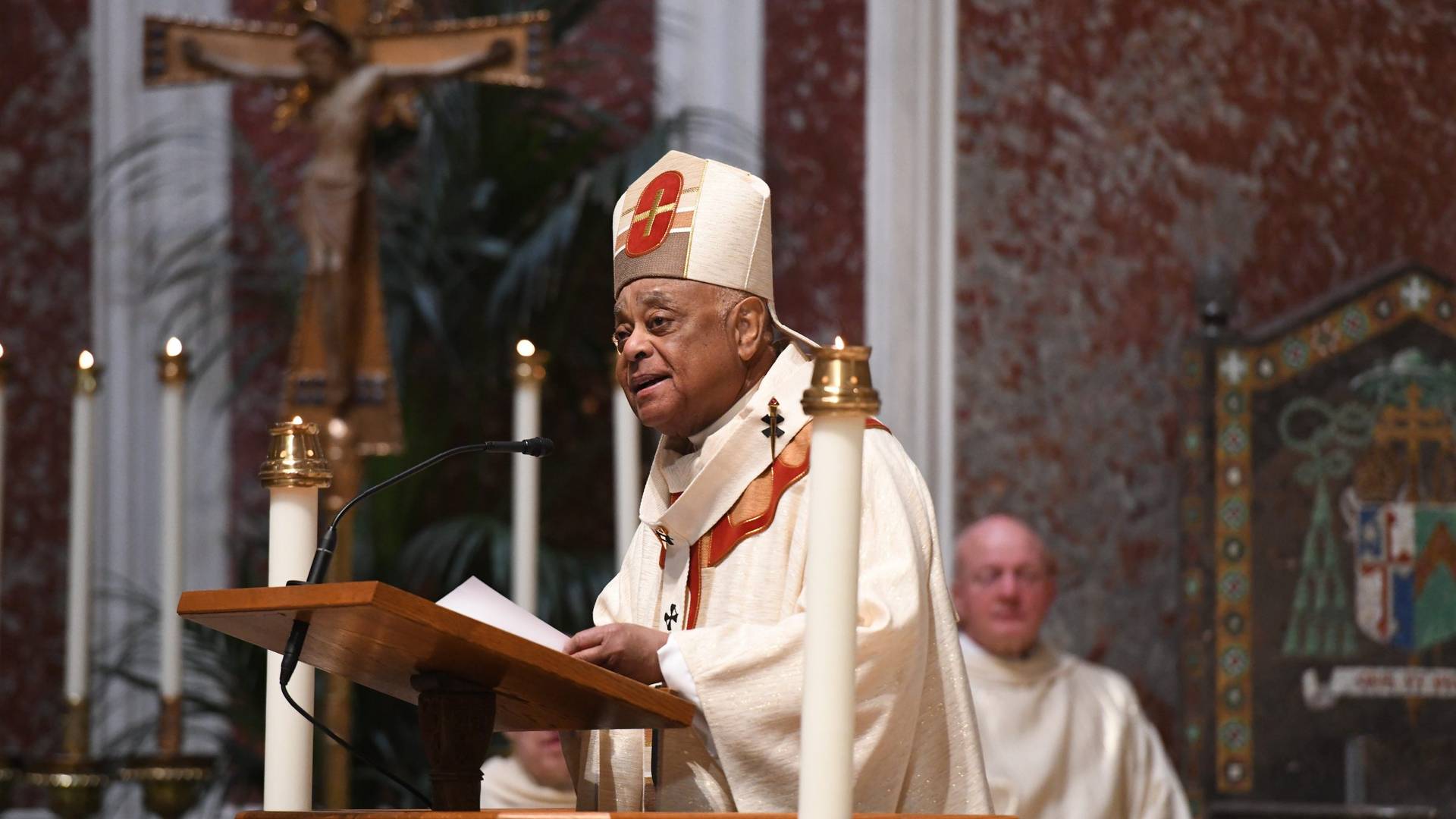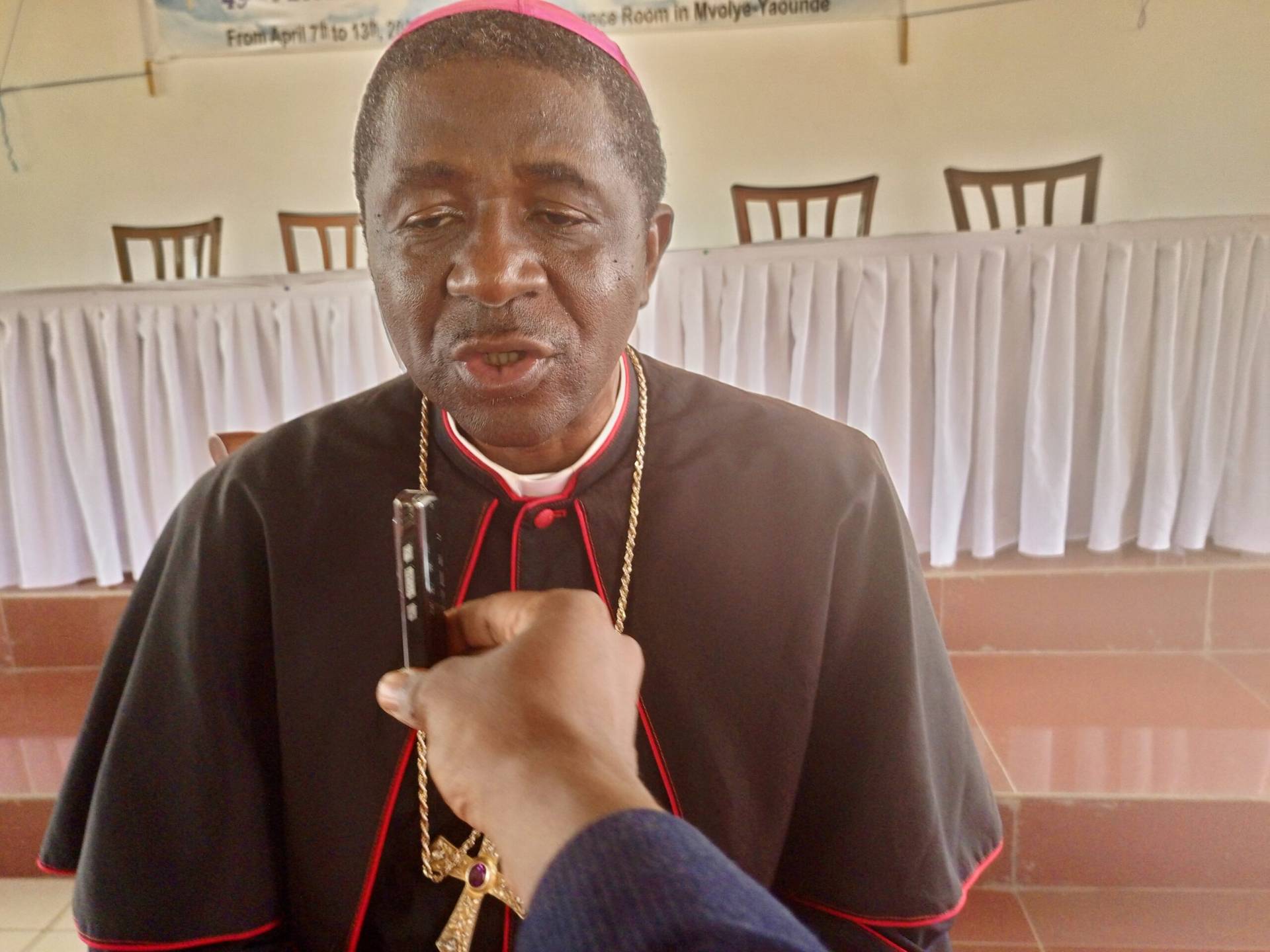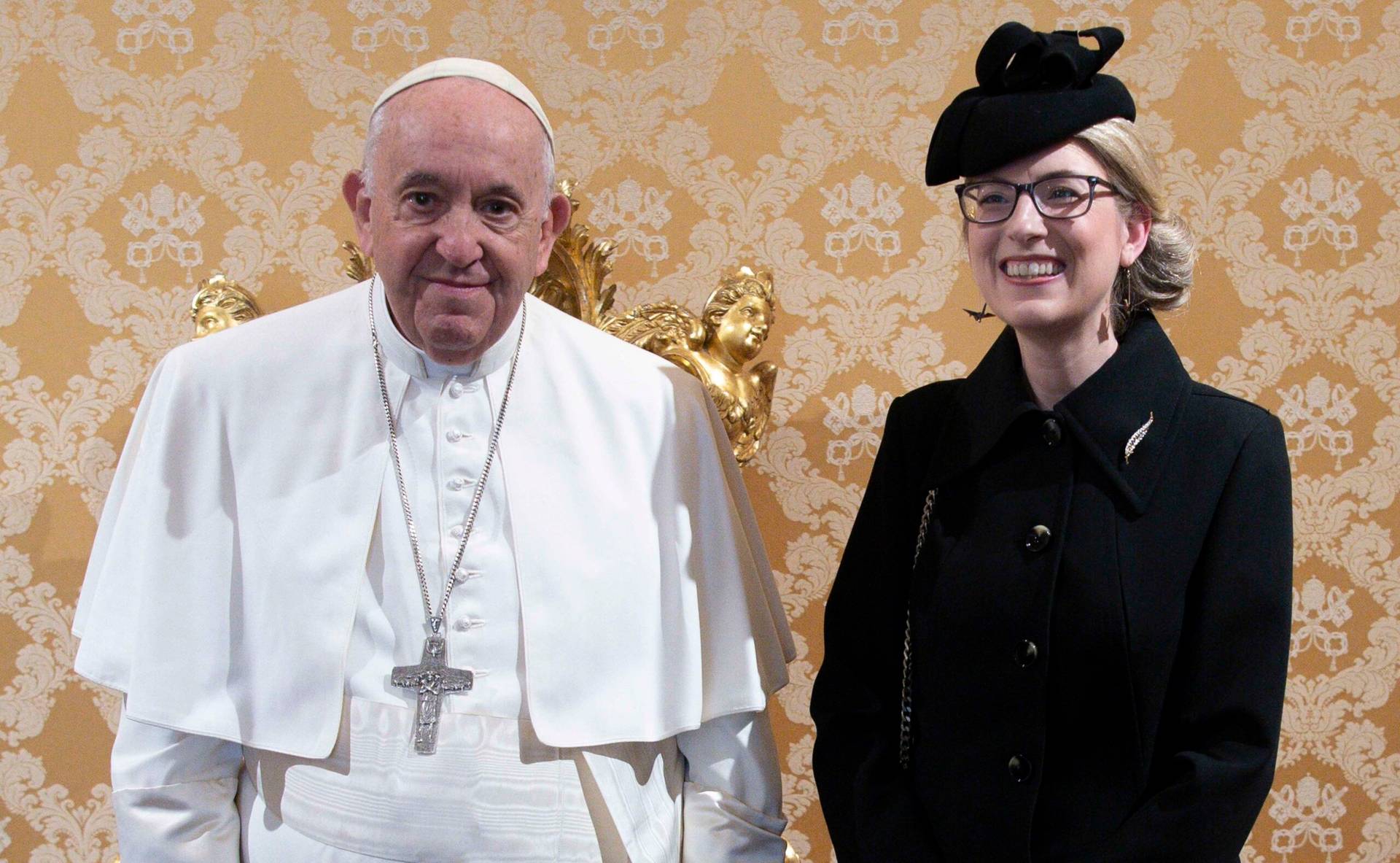ROME— In the past five years, Aleppo, once Syria’s second largest city, today a shadow of what it used to be, was often featured in the news, particularly when heart-wrenching images emerged of children with blood running down their faces, mixed up with the gray powder of buildings now destroyed.
Then the government of Bashar al-Assad recaptured the city and the world moved on, too preoccupied with Vladimir Putin, Donald Trump and Brexit.
Pope Francis didn’t move on. Instead he urged Monsignor Giampietro Dal Toso, acting secretary of the Vatican’s new mega-Dicastery for Integral Human Development, to visit the war-torn city of Aleppo.
Dal Toso visited Aleppo -with a stop in Damascus- from January 18-23, meeting refugees, several Catholic charities and even the Grand Imam of Aleppo, accompanied by Cardinal Mario Zenari, the papal ambassador in the country who received the red hat from Francis last November.
“The situation remains very difficult: The fact that the city is once again under control of the government does not mean that everything has gone back to normal,” Dal Toso told Crux.
“The people in Aleppo today don’t have water or electricity,” he continued. “The cost of things is very high and there are very few jobs. This means that socially, the challenges are very many.”
Yet despite the hardship, Dal Toso saw a city that is slowly trying to go back to normal, with the embattled Christian community reacting to the situation with “hope.”
His was the first official visit from a Vatican representative to Aleppo since the end of the war. Crux spoke with Dal Toso on January 26, before Trump signed the executive order banning Syrian refugees to enter the United States.
Crux: You’ve just arrived from Aleppo. What’s the situation?
Dal Toso: I was a member of a three-people delegation, which included Cardinal Mario Zenari, the apostolic nuncio [papal representative] in Syria; Monsignor Thomas Habib, secretary of the nunciature; and myself.
I went because I received a very strong appeal from the Holy Father to go to Aleppo as a sign of the closeness from the universal church to Syrian Christians, and to the entire population that has lived in these years a very dramatic situation.
Right now, the war, that is, the bombings and fighting, is no longer going on in the city. There is a truce, and at the same time, Aleppo is currently under control of the government and there are no rebel fighters left.
The level of destruction of the city varies according to the zone. The central and east regions have been heavily destroyed and greatly affected by the war, while the west side less so.
However, it’s important to point out that regardless of the level of the destruction, all the citizens are suffering the consequences of the war.
Is there anything in particular that impressed you during the visit?
What impressed me the most is that there are signs of life beginning again. The impression I got of the Christian community is that people are very close to each other, connected, and that they’re strong. They’ve reacted and continue to react to this situation with hope.
In the celebrations that we had in the church of the Franciscans in downtown Aleppo, I got a very clear impression of this being a lively community.
However, the situation remains very difficult: The fact that the city is once again under control of the government does not mean that everything has gone back to normal.
The people in Aleppo today don’t have water or electricity. The cost of things is very high and there are very few jobs. This means that socially, the challenges are very many.
In addition, many people today have no house, because much of the city has been destroyed, and many have absolutely nothing. This means that we have to help them with everything: from rebuilding their homes to giving them clothes and food.
And we also have to think about children, many of whom do not know what a school is, because during this difficult situation they could not go.
From a humanitarian point of view, it is a very complex situation. It will take a long time to get things back to normal, but at least there are signs that some things are changing and that people are already working.
How can Christians around the world help those in Syria?
There are many organizations working today in Syria. On the first day of my visit, I was in Damascus, and there are many Catholic organizations helping, which shows a great interest from the universal church in helping our brothers in Syria and Iraq, and there are many programs providing psychological assistance, humanitarian aid, assisting in the reconstruction of homes, and providing pastoral accompaniment.
There are many areas where it is clear that the universal church is helping, through many organizations. But the help is also evident from one diocese to another. I want to emphasize that the local churches, which are of various rites, are also doing extraordinary work to help the faithful. Not only from the economic point of view, but also helping in other ways, such as the education of children.
You mentioned just now that you went at the specific request of the pope. Have you been able to talk to him about it?
Not yet, but we spoke about it before I left, and he strongly urged and encouraged me to make this trip.
During your visit you met the Great Mufti of Aleppo. How important will interreligious cooperation be in the reconstruction of the city?
Not only in rebuilding the city, but interfaith cooperation is going to be a key issue in Syria’s future.
We cannot forget that each society is a fabric that has many components, and each society can survive if that issue is compact. We know that in Syria there has been for many years a good relationship of coexistence between Christians and Muslims, and this has to be so in the future.
And I had the impression that there is willingness on the part of the Muslim community to guarantee that this continues to be the case.
That is to say that the Muslim majority is conscious of the importance of guaranteeing that fabric?
Absolutely. Because each society can only survive if the different components are integrated. And not only from the point of view that we must tolerate that there are others, but taking into consideration that each can contribute something for the common good.
The history of the Middle East tells us that there has been a contribution from Christians, for example through schools and in providing education. There has been a very strong contribution from Christianity for the construction of the Middle East.
History says so, and I am convinced that this will also be the perspective for the future.
Changing gears a little bit. As of January 1 you are part of the new dicastery on Integral Human Development that saw the combination of several Vatican offices. How is this merger coming along?
We are in the phase of putting together the different competences that we have, forming a general picture. We are reflecting on how to better organize all these skills that each individual has. It’s a longer process than we had previously thought, but it’s also very interesting because we’re discovering several issues of the [Roman] Curia that at least I didn’t know as much about before.
I’ve also been glad to notice that among those of us working in this project there’s an honest desire of making a positive contribution. And also, Cardinal [Peter] Turkson, who’s in charge of coordinating the project, is allowing all of us to speak with a lot of freedom, so that everyone can make their contribution, and this is a fundamental component for things to be done correctly.

















